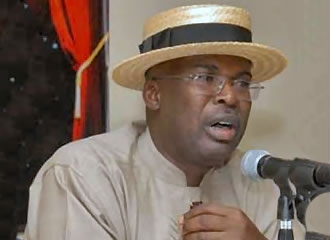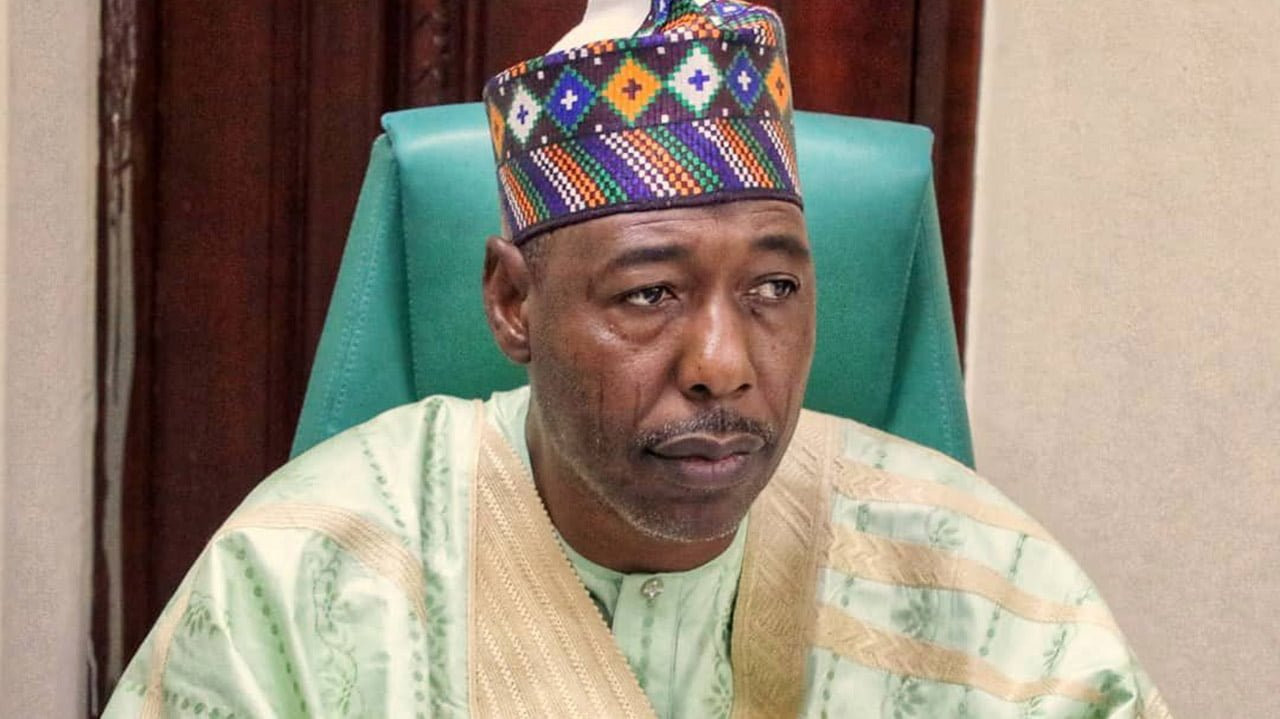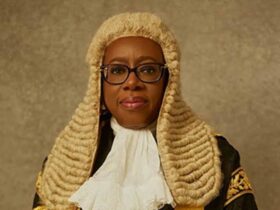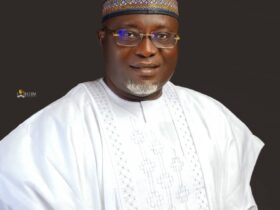Long before the administration of Governor Babagana Umara Zulum, Borno State was faced with a crisis of teacher recruitment and remuneration.
Some of the issues surrounding primary school education in Borno are complex, including the decision by Governor Zulum to retain those that were confirmed to be unqualified and the concern about their salaries.
Many people are angry and dismayed and have shared sentiments that are now trending on social media about why a state governed by a professor of repute like Gov. Babagana Umara Zulum will have some teachers still receiving paltry sums as salary.
The truth is that these category of teachers should be learners in a classroom and not teachers.
In 2020, the Zulum-led administration had sought to sanitise the state’s primary education system to ensure that quality education is imparted, following the devastation caused by Boko Haram insrgency. He constituted a committee headed by Dr. Shettima Kullima to determine the actual workforce of teachers and their competence to impart quality education. The final report revealed a scary outcome that less than 33% were fit to teach.
According to the 2020 report, a list of 26,450 teachers and non-teaching staff was submitted before the verification committee; among them, 18,451 teachers participated, and 2,628 with fake certificates were identified.
Zulum then constituted another committee in February 2022, headed by the current Commissioner for Education, Engr. Abba Wakilbe, to conduct a competency test on basic literacy and numeracy for the teachers who had been cleared for biometric capture.
The committee’s report confirmed that about 10,566 teachers out of 15,823, representing 66% of all Borno primary school teachers, failed the test and are not qualified to teach.
More so, 6,227 teachers were identified to be trainable, and 4,339 teachers were untrainable.
Upon receiving the report from the Engr. Wakilbe-led committee, Zulum instantly directed that 5,257 who have passed the test and are confirmed to be qualified to teach should be upgraded and start receiving N30,000 as minimum wage. I can confirm that the directive has been fully implemented and they have started enjoying the minimum wage.
The government also decided to retain those that were confirmed to be unqualified, because in a state like Borno that is coming out of the insurgency, sacking this number of people will further compound the rate of unemployment.
If not for his compassion, Zulum had the option to relieve all of them, but decided they should remain on government payroll and that all of them should be posted to work in other sectors within the local government workforce, including involvement in the planting of trees in the Ministry of Environment.
Among them, Governor Zulum directed 1,468 that had undergone Emergency Teacher Upgrade Programme with the National Teachers Institute and are certified to have obtained the minimum teaching qualifications start receiving the minimum wage salary next month.
Furthermore, an additional 3,000 under the trainable category were shortlisted for another training that would allow them to obtain the requisite teaching qualifications.
… Zulum approves N1b for teachers’ training
Resulting from the competency test, Gov. Umara Zulum has also approved that about 6,227 teachers that were certified to be fit for training should be sponsored to obtain the required qualifications and sent back to classrooms. Zulum, had on 19th of March 2024, approved N1b for the training of these teachers.
These feats were widely reported by Nigerian newspapers, including the LEADERSHIP, DAILY INDEPENDENT, THE SUN among other news outlets open for verification by the general public.
Since assuming office in 2019, Zulum has prioritised the enhancement of education in Borno State by putting in place all the necessary infrastructure and improving the workforce deficit.
The governor has, on other occasions, approved the recruitment of over 4,000 teachers, 1,000 for secondary schools and 3,000 for primary schools.











